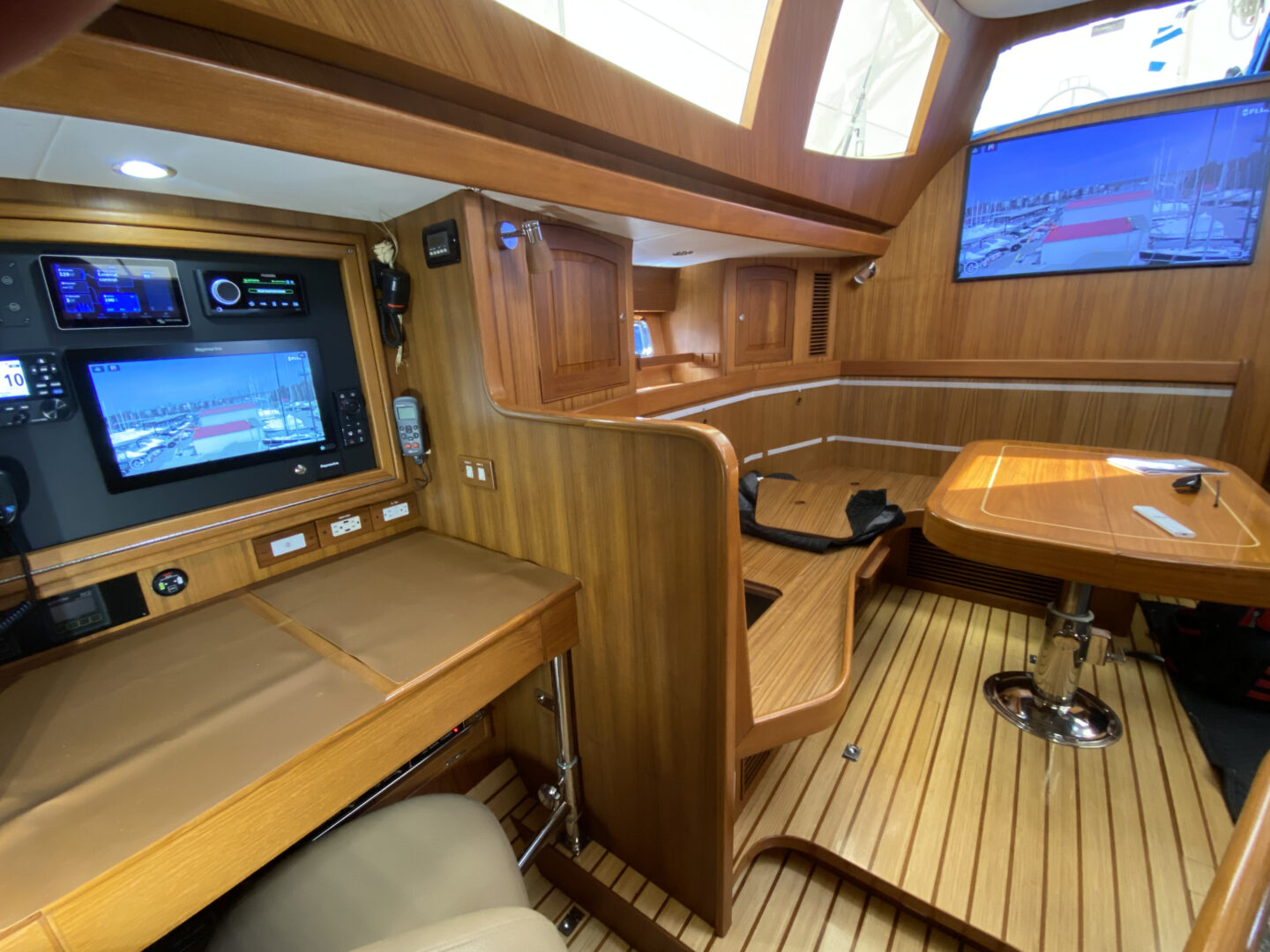
Here are some important things to know about marine alternators.
The alternator on your boat is a critical component of your engine’s electrical system. It powers the ignition system, provides on-demand power needs, and conducts battery charging. Marine alternators are designed differently than vehicle alternators and include essential safety concerns as well. Having a better understanding of your boat’s alternator will help you resolve issues and identify the correct alternator for your application. Here are some important things to know about marine alternators.
Alternators Must Meet Marine Standards
Marine alternators in gasoline engines must meet the marine industry standard of ignition protection, which is not found in an automotive alternator. For instance, marine alternators have higher power demands than regular vehicles, such as power lights, radios, navigation equipment, pumps, winches, and other devices.
In addition, marine engines are often installed in enclosed areas to protect them from moisture and sea salt. This means that marine alternators must be self-cooling or have an additional cooling subsystem. The sparks inside an enclosed engine room can be hazardous. If there isn’t proper ignition protection, this can create a fire hazard. Be sure to test your alternator for good ignition protection to suppress the spark to be certified for marine use.
Alternators Charge Deep-Cycle Batteries
While automotive alternators are enough for starter batteries, they are inadequate to charge deep-cycle batteries designed for a deeper discharge over long periods. Deep-cycle batteries need to have a high charging current and voltage for the greatest efficiency. If you have a lot of electronics on board, you want to ensure that you have a high-capacity alternator.
Additional Features of Marine Alternators
In order to meet safety requirements, marine alternators include many unique features not found in automotive alternators. Some key features include:
- Spark screens that meet Coast Guard standards to eliminate fire hazards
- Double-insulation to prevent sparks and electrical shock in wet conditions
- Fans and heat sinks for self-cooling
- High output at low RPMs to match marine diesel engine operating conditions
- Battery sensing regulators for high-efficiency battery charging and detecting battery cell failure.
Do Your Research Before You Buy
Before investing in a new alternator for your boat, save yourself a lot of money and stress by ensuring you buy the correct device for your application. Charging systems vary by type of boat and other variables such as engine type, engine room space, battery bank size, and battery chemistry. To find the perfect alternator, take some time to research different companies and their products.
The ARCO Zeus High Energy Alternator Regulator gives users unprecedented control over their battery and alternator systems. With ARCO’s Zeus High-Energy Alternator Regulator, users have peace of mind in the safety of their energy systems. Zeus provides more information to its users, allowing them to regulate their system and optimize their battery charge and alternator output, resulting in a safer experience while protecting their energy system investment.
Marine Electric Systems, LLC is a Leader In the Maritime Industry
We here at Marine Electric Systems have over 30 years of industry experience. You can trust our team for reliable service and expert craftsmanship in the Maryland, Baltimore, Annapolis, and Baltimore city areas! We’re highly certified and adhere to all ABYC and NMEA regulations. We specialize in top-notch electrical solutions for recreational, commercial, and government boating clients. Anything from electrical refits, to navigation systems, or boating maintenance. To stay up to date on our services, follow us on Facebook, LinkedIn, Pinterest, Instagram, and YouTube. You can also contact us at 410-263-0807.
